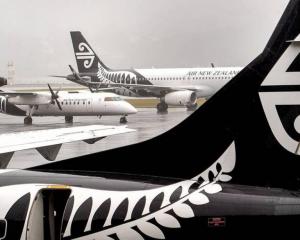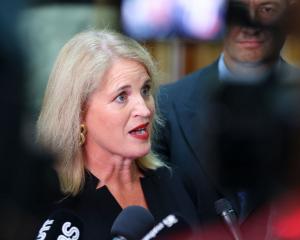
Statistics New Zealand figures showed electronic card spending rose by 1.1% in August. Spending in retail sectors was up 1%.
This was ahead of market forecasts of a 0.5% rise.
Retail statistics manager Sue Chapman said fuel prices rose in August, compared with July, contributing to the lift in fuel spending.
Fuel spending on electronic cards generally had risen over the past year.
Apart from fuel, other retail categories also showed increased spending in August.
"This helped lift overall retail spending to its largest monthly rise since March."
Card spending rose in six retail industries. The largest movements were for fuel, up $27million, or 4.1%; durables, up $15million, or 1.2%; and consumables (grocery and liquor), up $12million, or 0.6%.
Ms Chapman said core retail spending, which excluded vehicle-related industries, rose 0.7% in August 2018 after a 0.3% rise in July. It was the fourth consecutive rise in core retail spending.
Actual retail spending using electronic cards reached $5.2billion in August, up $306million, or 6.3%, from August last year, she said.
Westpac senior economist Michael Gordon said the surprise in August was offset by a downward revision to July as growth was revised from 0.7% to 0.2%.
Based on updated data, fuel spending in July was revised from a 1.8% rise to a 0.3% fall.
"This new figure is surprising given the rise in fuel prices over the month, including the introduction of the Auckland regional fuel tax."
Growth in consumer spending had slowed in the past couple of years as the housing market had cooled, he said.
"However, we've recently seen a boost to many households' disposable incomes via the Government's Families Package, which came into effect on July 1.
"And this extra assistance has tended to go to the households that are most likely to spend it."












